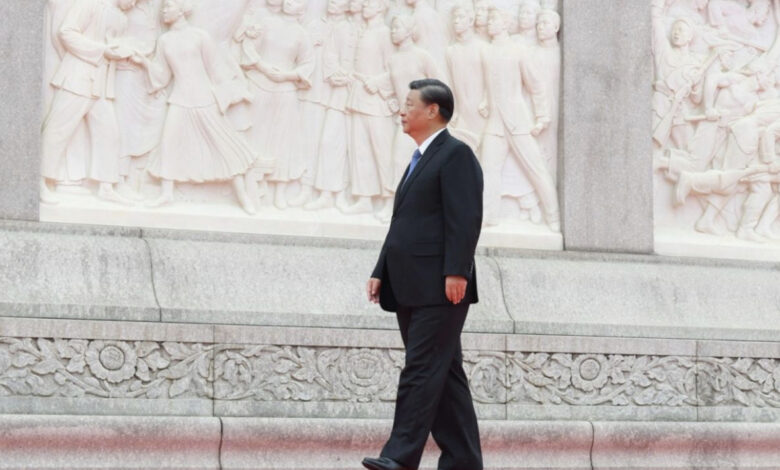
The era of Chinese optimism in Africa may be finally getting over – what you should know: One of the most important developments of the decade of 2000s was the rapid growth of China’s trade, investment, and official financial flows to Africa. Although there was a tremendous growth in China’s trade and investment links with the African continent, the most striking feature of the China–Africa relationship was Chinese finance for infrastructure development. China committed nearly US $153 billion to African public sector borrowers between 2000 and 2019. Chinese finance to Africa was predominantly channeled through the China Development Bank and the China EXIM Bank, and Chinese companies built vital infrastructure including roads, railways, ports, etc.
China’s growing footprint in Africa caught the attention of researchers and journalists alike and the literature on China’s Africa engagement grew rapidly. However, most studies presented a dichotomous understanding of China’s impact on African countries by presenting China either as a ‘threat’ or as an ‘opportunity’ for Africa. An objective view of China’s role in Africa has largely been missing. On the one hand, there are those who believe that China is playing an important role in African development through its contribution to infrastructure development in a continent where shortage of infrastructure facilities is a major barrier to growth. On the other hand, are scholars who have been very critical of China’s resources for infrastructure deals in Africa and the opacity of Chinese lending practices and have accused China of ‘Debt Trap Diplomacy’. Experts have also highlighted the problem of China’s ‘hidden debt’ because a significant portion of the Chinese lending to African countries is not reported. According to a recent study by AidData, China’s underreported debts to lower- and middle-income countries are to the tune of US $385 billion.
Notwithstanding the growing criticism of China’s lending practices, African leaders viewed China as an important ally and welcomed Chinese finance in infrastructure projects and the nature of Chinese engagement, often described as ‘win-win partnership’. For instance, Paul Kagame, the President of Rwanda, has often defended Chinese engagement in Africa. In his words, “China relates to Africa as an equal partner”. However, in the aftermath of the COVID19 Pandemic, most African countries are experiencing mounting debt burdens. According to International Debt Statistics 2022, published by the World Bank, Sub Saharan Africa’s external debt stocks increased by 43 percent from US $492 billion in 2016 to US $702 billion in 2020. Further, the report observes that the Sub-Saharan region, led by Angola, has witnessed the sharpest rise in Chinese debt. Though the pace of debt accumulation has slowed since 2018, Sub-Saharan Africa accounts for 45 percent of end-2020 obligations to China




